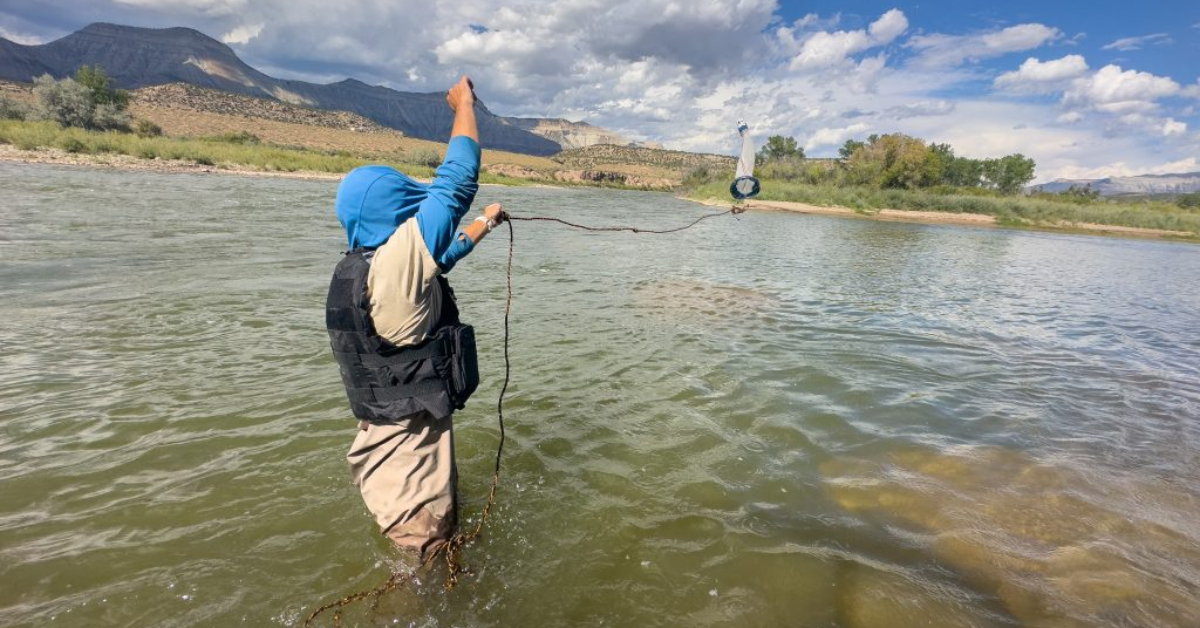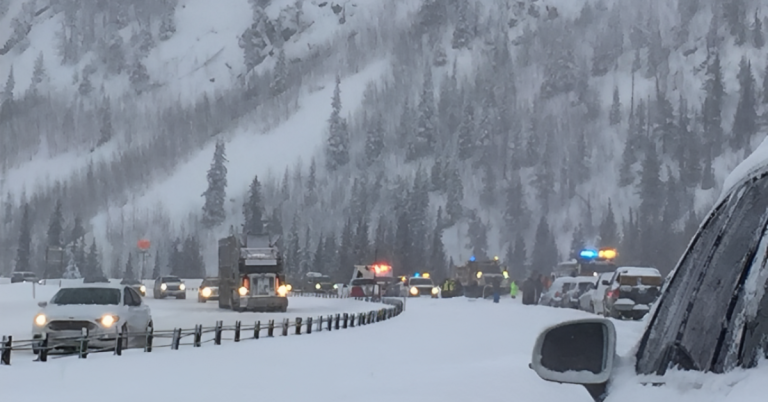
The quiet announcement in 2022 about Colorado’s first zebra mussel infestation at Highline Lake in Mesa County has now turned into a serious concern. The invasive species, known for causing significant damage to ecosystems, has spread beyond its initial location and is now making its way through the Colorado River.
This development is causing major alarm in Colorado, where the mussels could impact vital industries such as farming, ranching, and even the state’s famous peach orchards.
Zebra Mussels in the Colorado River
The Colorado River, which flows from the Rocky Mountains through Colorado and onto seven other states, has always been a crucial resource for many. From providing water for agriculture to offering recreation opportunities, this river is at the heart of life in the Grand Valley. But now, it faces an unexpected threat.
Earlier this year, tests revealed the presence of zebra mussel larvae, also known as veligers, in the waters upstream of Highline Lake. This discovery indicates the spread of the invasive species beyond its original location, creating a major concern for the future health of the river and the surrounding ecosystems.
Zebra mussels, native to Europe, have become one of the most invasive species in North America. Their rapid reproduction rate and ability to attach themselves to virtually any surface make them difficult to control. Once they establish themselves in an area, they can cause serious damage by clogging water pipes, disrupting ecosystems, and even harming local industries that depend on the water.
Mesa County Drafts Presidential Request
The infestation of zebra mussels is not just an environmental issue; it is also a potential economic disaster. Colorado’s Grand Valley is home to many agricultural industries, including farming, ranching, and orchards. These industries depend on a stable and clean water supply to keep their operations running smoothly.

If zebra mussels continue to spread, they could cause significant damage to the county’s water infrastructure, affecting the ability of farmers and ranchers to maintain their operations.
Mesa County’s peach orchards, known for producing some of the best peaches in the state, could also feel the impact. Zebra mussels can clog irrigation systems, making it harder for water to flow where it’s needed most. This disruption could harm crop yields, impacting the local economy and food supply.
Save the Colorado River from Zebra Mussels
In response to the growing problem, Mesa County Commissioner Bobbie Daniel and other local officials have taken action. They have sent a letter to the President, urging for a Federal Grant to help combat the zebra mussel invasion. This grant would allow the county to take necessary steps to address the damage already caused by the mussels and prevent further spread.
The county is facing significant challenges as the zebra mussels continue to spread through the Colorado River. With the growing infestation, local water systems are at risk of becoming overrun by these invasive creatures.
The Federal Grant would help to fund necessary repairs to the county’s water infrastructure and provide support for local industries that are facing the potential loss of critical water resources.
Fighting Back: The Role of Local Residents
While the federal government’s support would be a critical part of the solution, residents also have a vital role to play in stopping the spread of zebra mussels. One of the key actions that residents can take is to ensure that boats and other watercraft are thoroughly inspected before being launched into the water.
The invasive species spreads through contaminated equipment, and each person who uses the river must do their part to prevent further spread.

Zebra mussels can easily be transferred from one body of water to another on boats, trailers, and other water equipment. As a result, the boat inspection process has become increasingly important.
The longer inspection lines at boat ramps are a direct result of the mussel infestation, as more time is needed to ensure that boats and other equipment are free of mussels. However, despite the inconvenience, these inspections are essential for protecting the river and its ecosystems from further damage.
The Road Ahead: Saving the Colorado River
Stopping the spread of zebra mussels will require a coordinated effort from residents, government officials, and environmental organizations. While the water infrastructure in Mesa County can be repaired, the ongoing spread of zebra mussels will continue to pose a serious threat to the Colorado River unless significant steps are taken to control it.
Mesa County’s request for federal assistance is an important step in the fight against zebra mussels. With continued vigilance and support, Colorado may be able to prevent further damage and preserve the Colorado River for future generations.
Disclaimer: This article has been meticulously fact-checked by our team to ensure accuracy and uphold transparency. We strive to deliver trustworthy and dependable content to our readers.







Leave a Comment